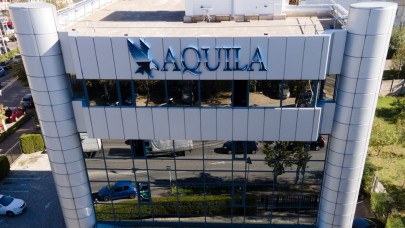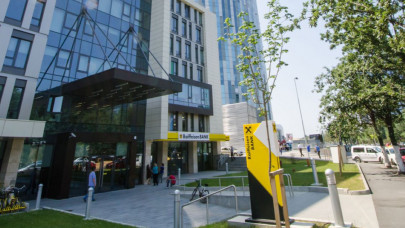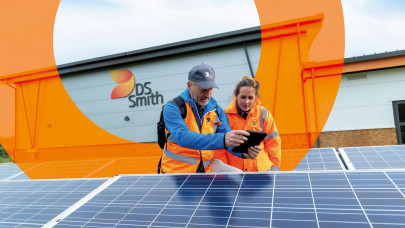Anticipating the application in Romania of Directive 2022/2464/EU on corporate sustainability reporting, starting from the financial year 2024, ROCA Industry, a company listed on the AeRO market of BVB, in the process of transition to the main market, publishes its first Sustainability Report, related to the year 2022. It describes the activities of the holding company and its owned companies - BICO Industries, Evolor (formerly Sarcom), Eco Euro Doors, and DIAL.
"The report collects qualitative and quantitative data from the companies, with the objective of synthesizing all the elements included in the sustainability policies. The data will function as a benchmark, with the holding company's annual performance to be measured against the data communicated in the first report. The report thus sets a set of standards at the Romanian industry level for measuring the impact and performance of sustainability strategies applied in the short, medium, and long term, considering the 4 specific pillars of the ROCA Industry holding: Sustainable Business, Market and Products, Resources-Energy and Climate, People and Community", announces ROCA Industry.
ROCA Industry will continue to pursue the increase in the level of performance in the companies in the portfolio, starting from the particularities and needs of each one, and strategic priorities such as digitization and re-technology, optimization and energy efficiency, adaptation, and consolidation of the portfolio of sustainable products, expansion into new markets, workplace security, but also other principles specific to a sustainable business, oriented towards long-term value generation.
"Our approach to sustainability does not refer only to the reporting activity, but to a complex long-term strategy, in order to really generate competitiveness and performance in the Romanian industry. On each strategic pillar, we proposed short, medium, and long-term objectives, and achieving them will mean the next level of development for Romania's industry. In all this context, the listing of ROCA Industry on the main market of the Stock Exchange will represent a confirmation of all the principles by which we operate: performance, autonomy, independence, and competitiveness", said Ionuț Bindea, CEO of ROCA Industry.
The companies within the ROCA Industry holding are Romanian entrepreneurial companies in the process of transformation, with factories and operations in a full process of automation, efficiency, transition to well-established governance structures, to high-performance financial reporting and monitoring.
On a combined level, in 2022, ROCA Industry recorded a total turnover of RON366.7 million (€73.34 million), up 24.6% compared to 2021. At the same time, the strategic development of the companies owned by the ROCA Industry holding company it is based on existing synergies at the group level, transfer of know-how, solid governance structures, and circular approach regarding the activities in the production chain, supply, or those in the markets.
In the process of transition to a sustainable economy, the alignment of companies in the field of construction materials and related industries plays an essential role, the data available at the European level shows that 37.5% of the total waste generated comes from the construction, demolition, and infrastructure maintenance industry.
Data from the European Environment Agency indicate that applying circular strategies in construction could cumulatively reduce around 650 million tonnes of materials and save significant amounts of CO2 by 2050.
The specific analyses and the ROCA Industry 2022 Sustainability Report were carried out together with Denkstatt Romania, a company with European experience in sustainability management.
ROCA Industry, listed on the AeRO market of the Bucharest Stock Exchange under the symbol ROC1, is the industrial holding owned by ROCA Investments. It, directly and indirectly, owns a number of 7 companies - performers in the specific sectors of activity: BICO Industries (the first and largest national producer of fiberglass mesh and the only domestic producer of fiberglass reinforcements), EVOLOR (one of the biggest players in the paint and varnish production industry), ECO EURO DOORS (the largest Romanian manufacturer of doors for residential constructions), DIAL (producer of metallic wire products), as well as Terra glass fiber producers, Europlas and Iranga through BICO Industries.














